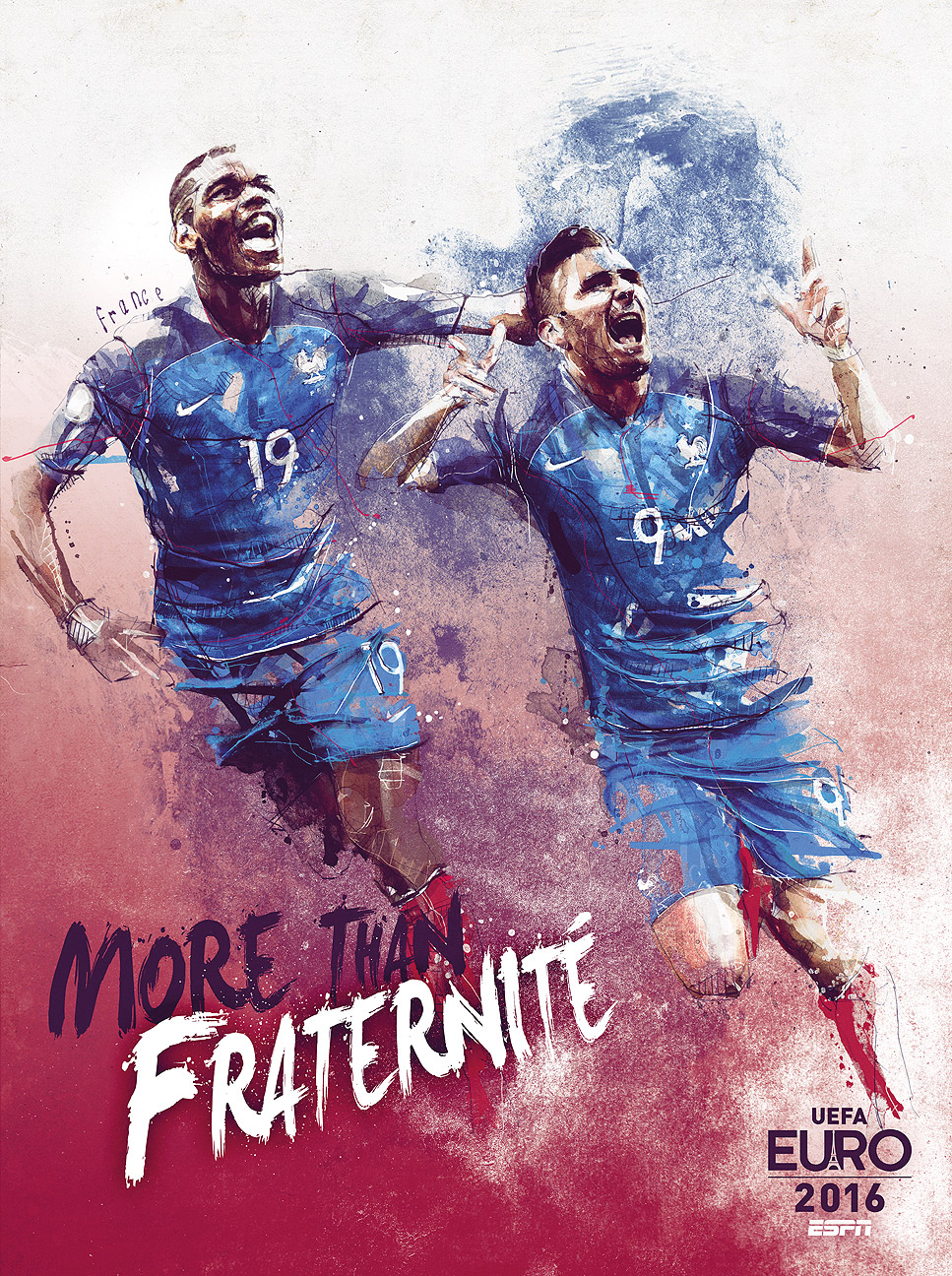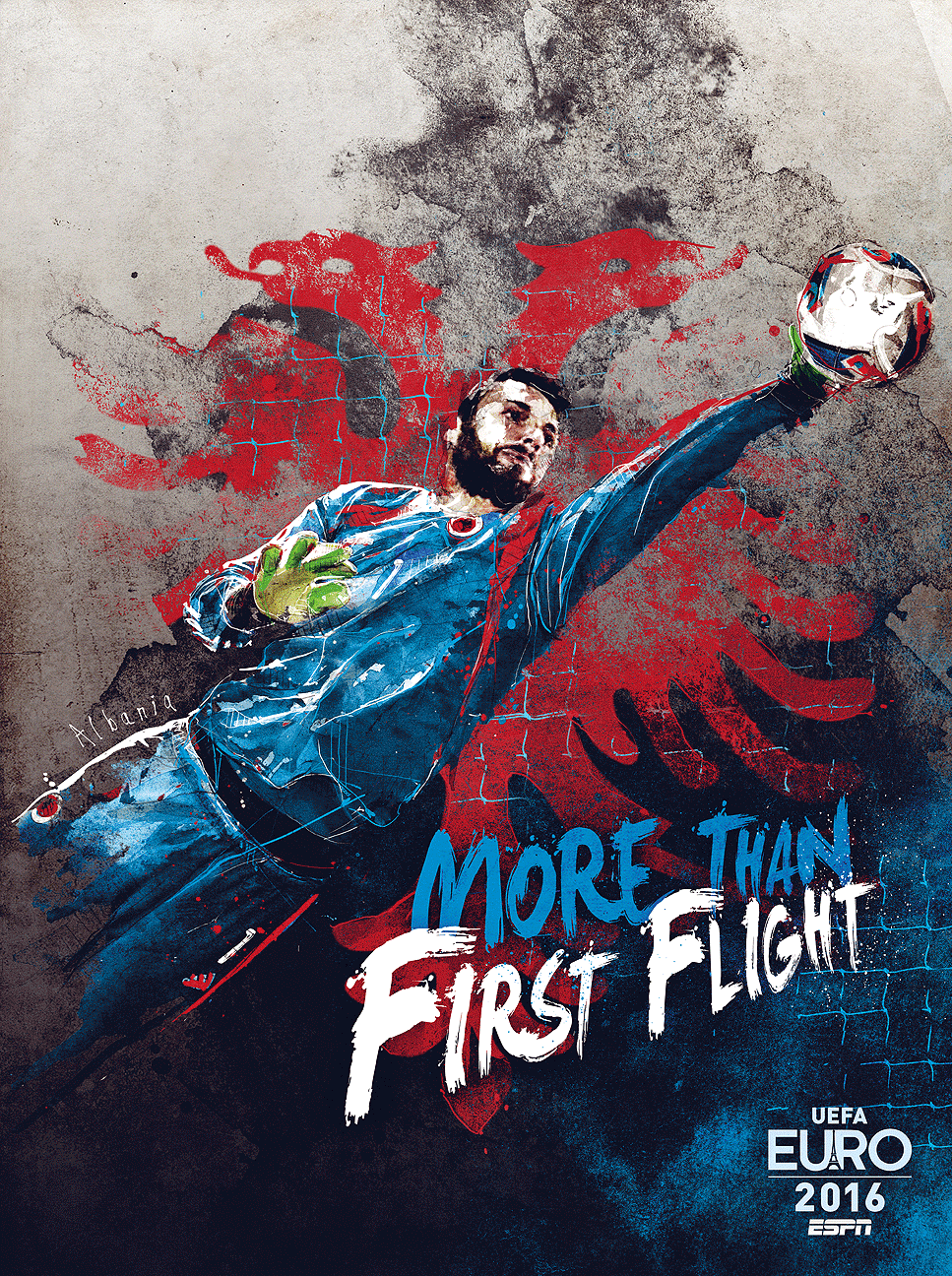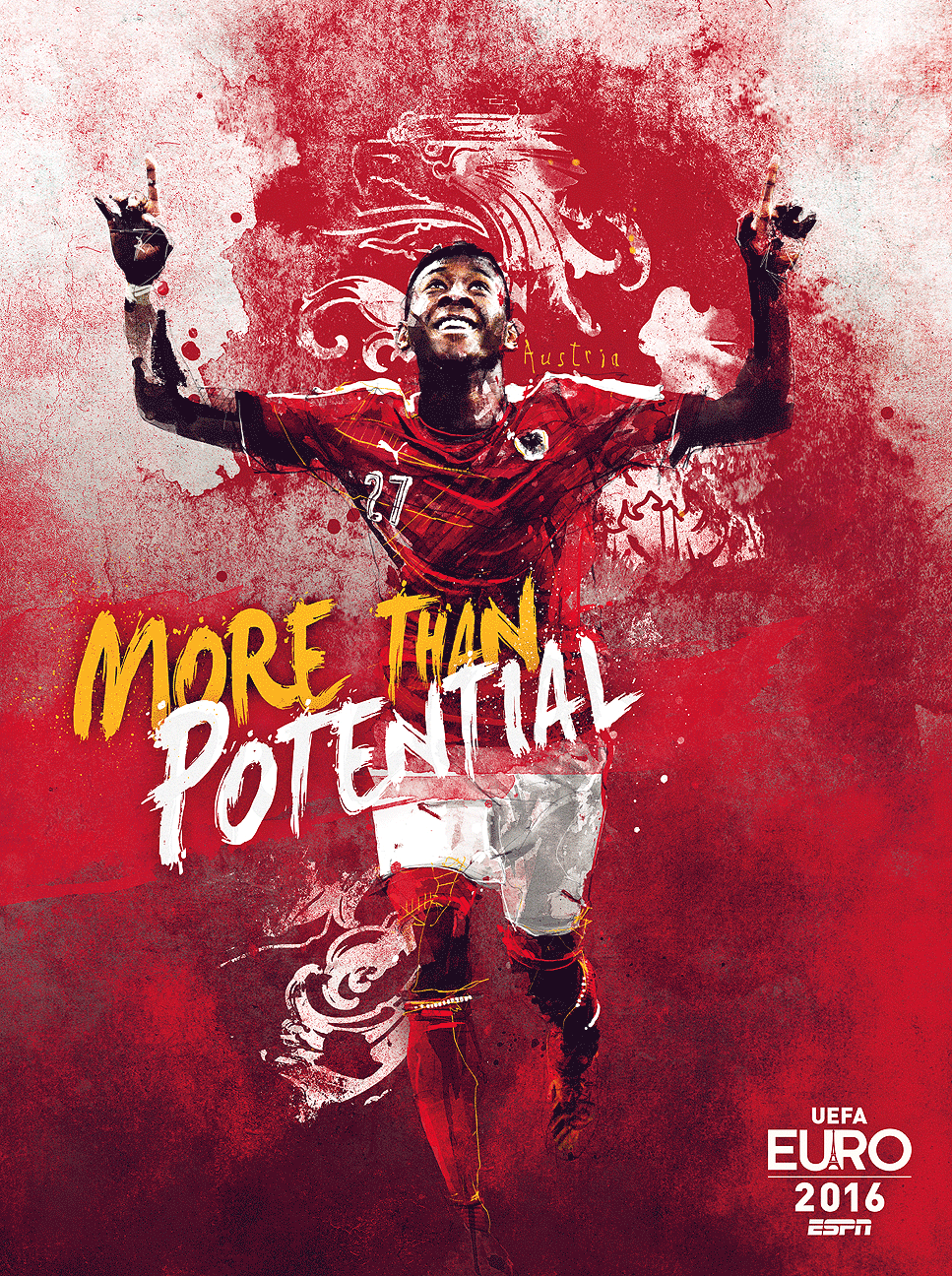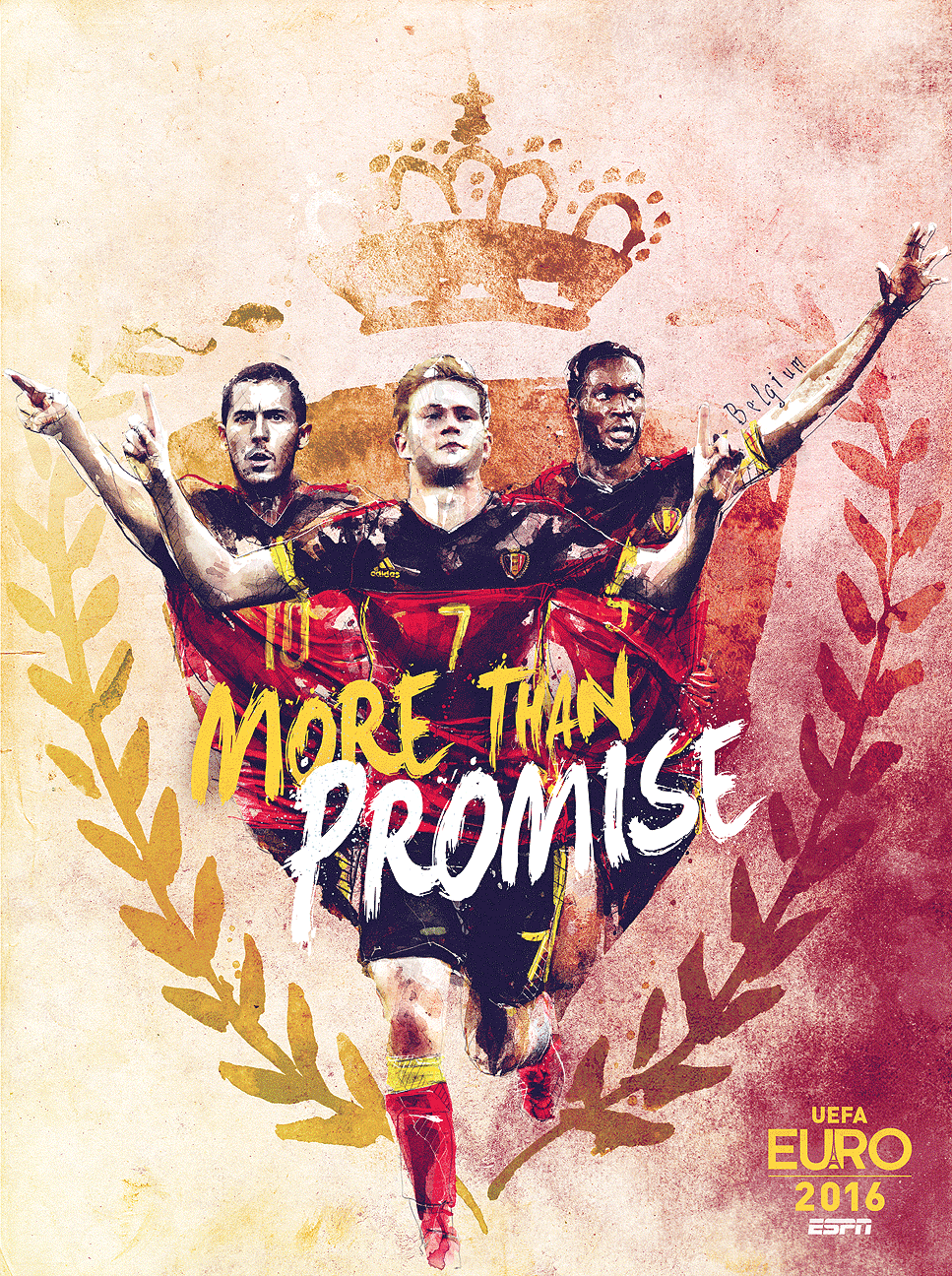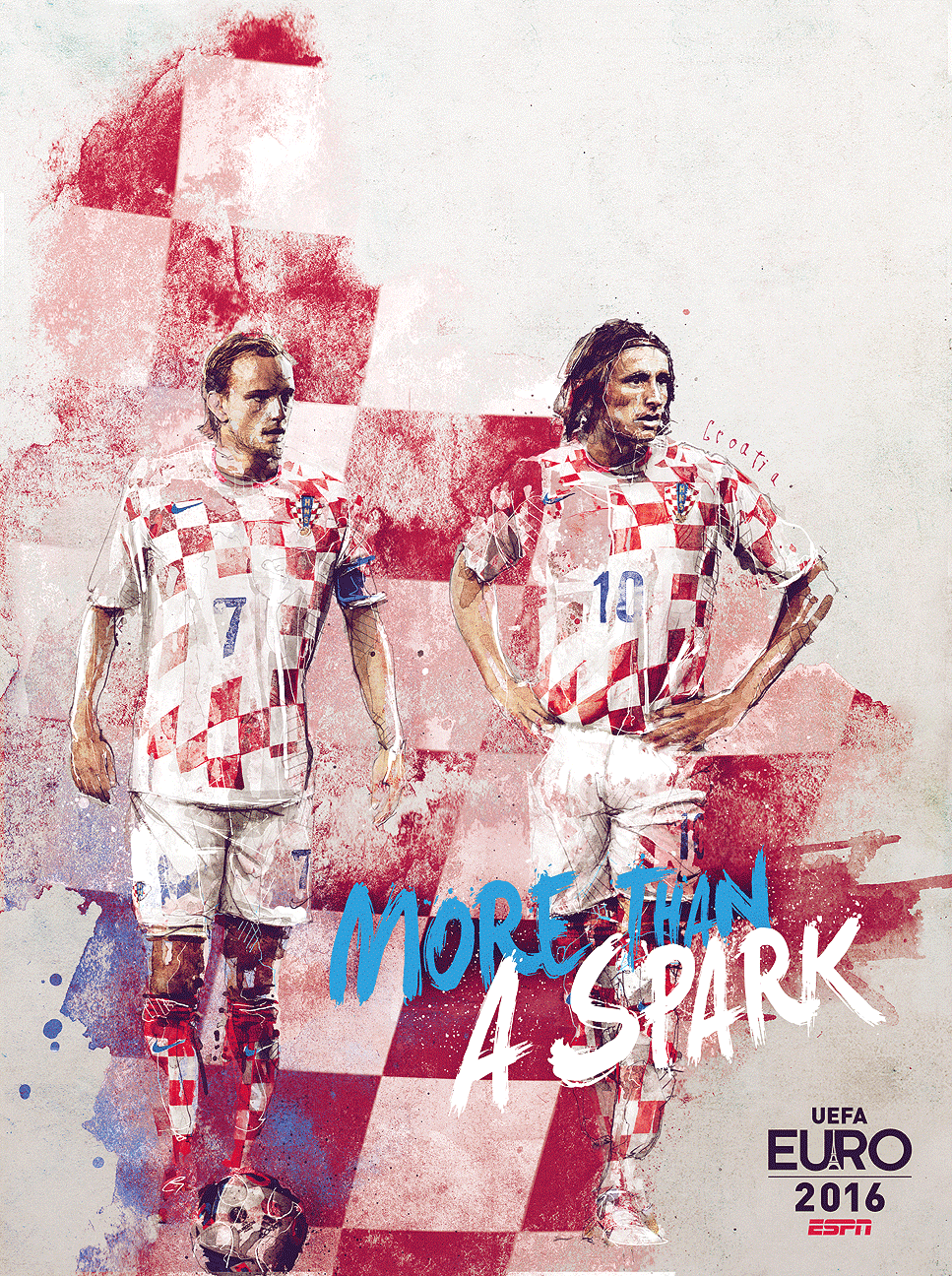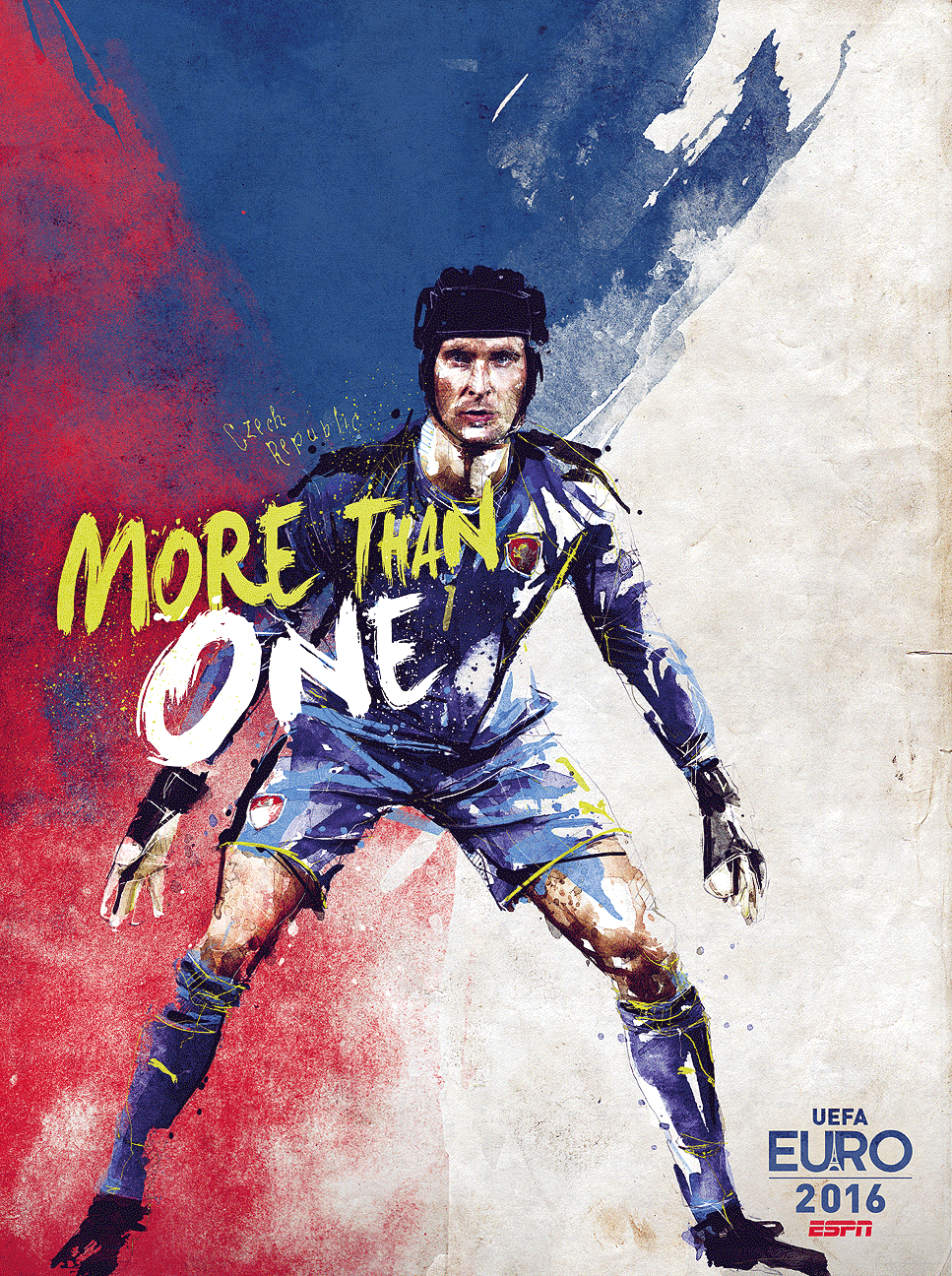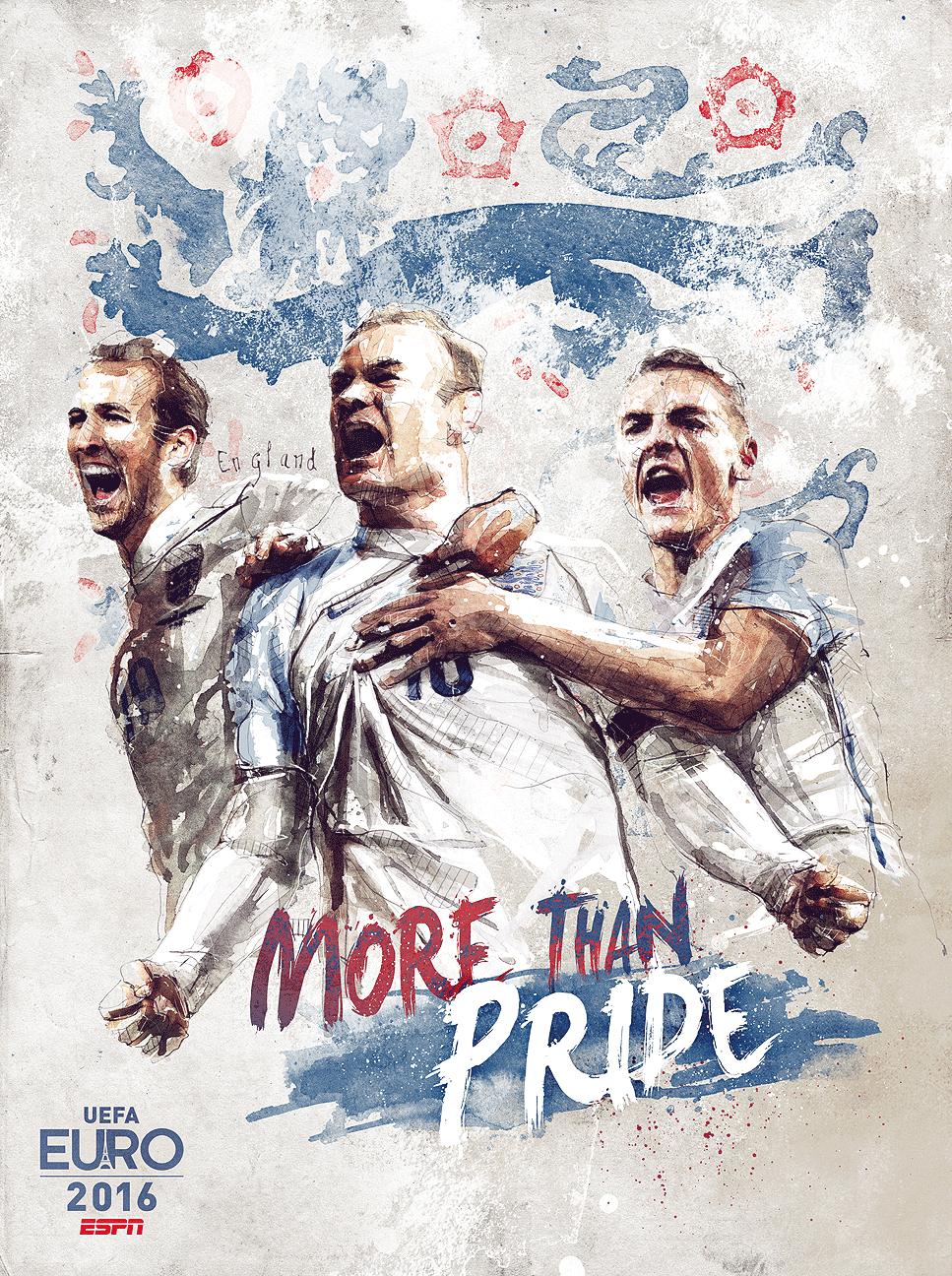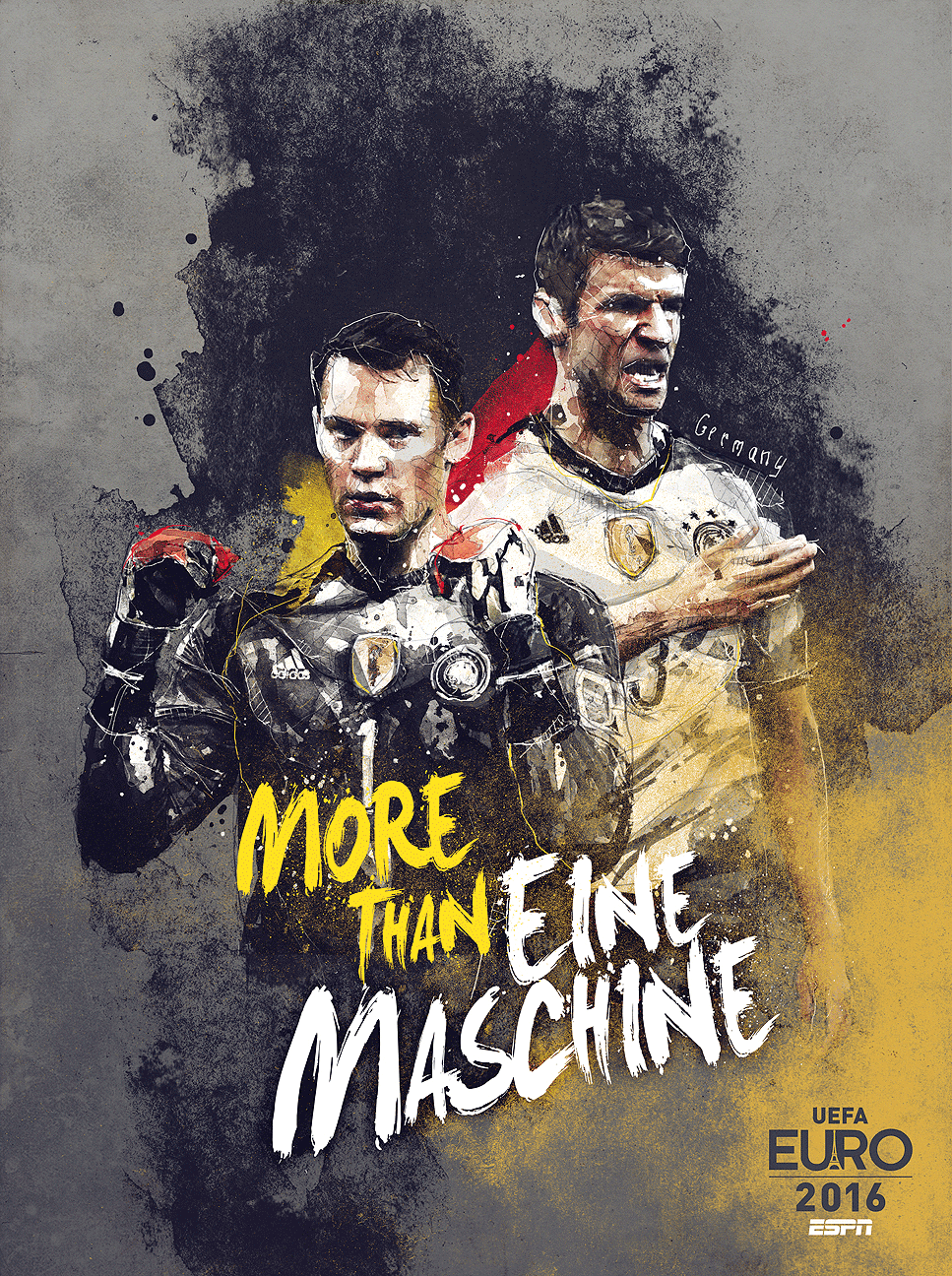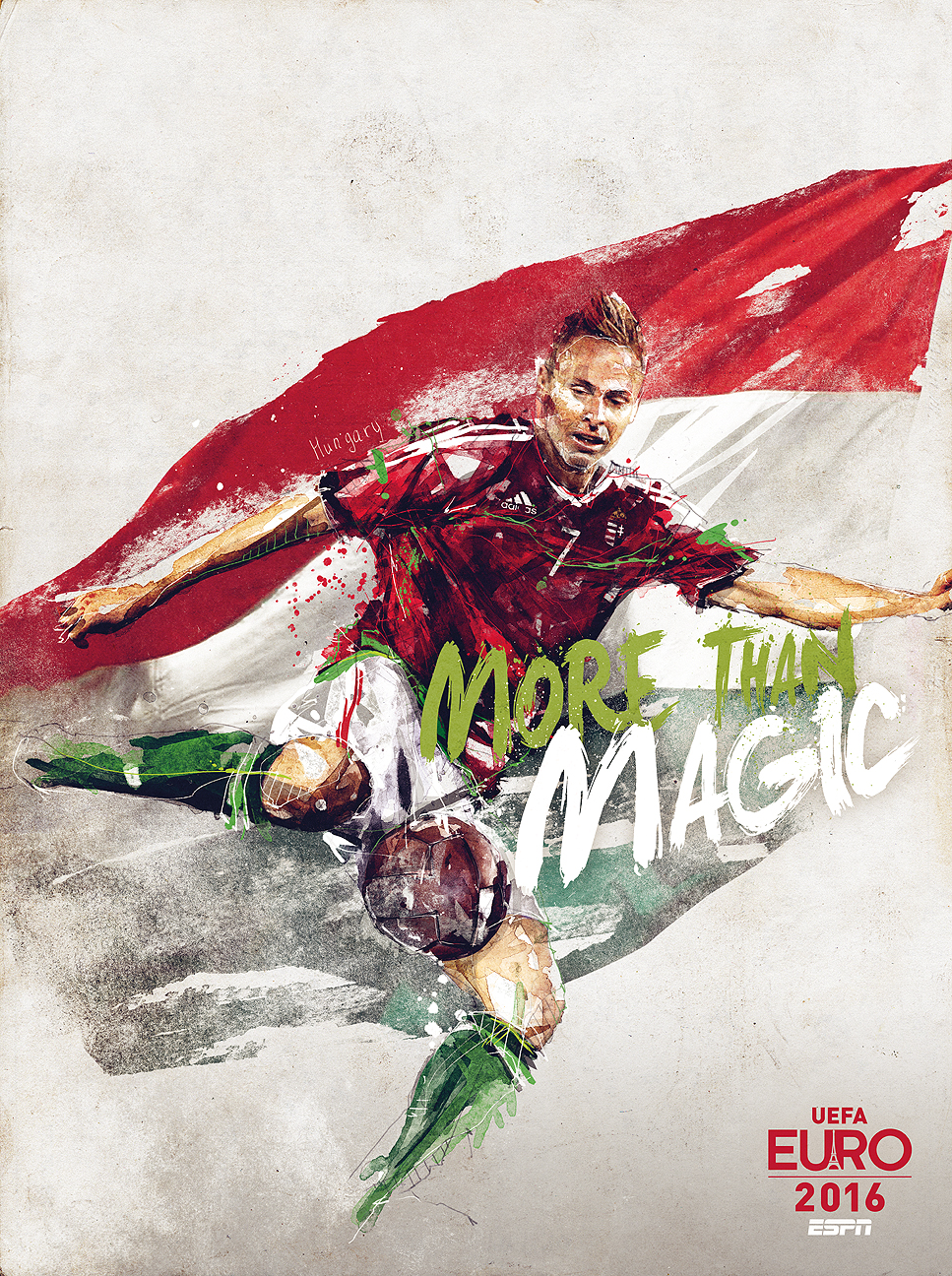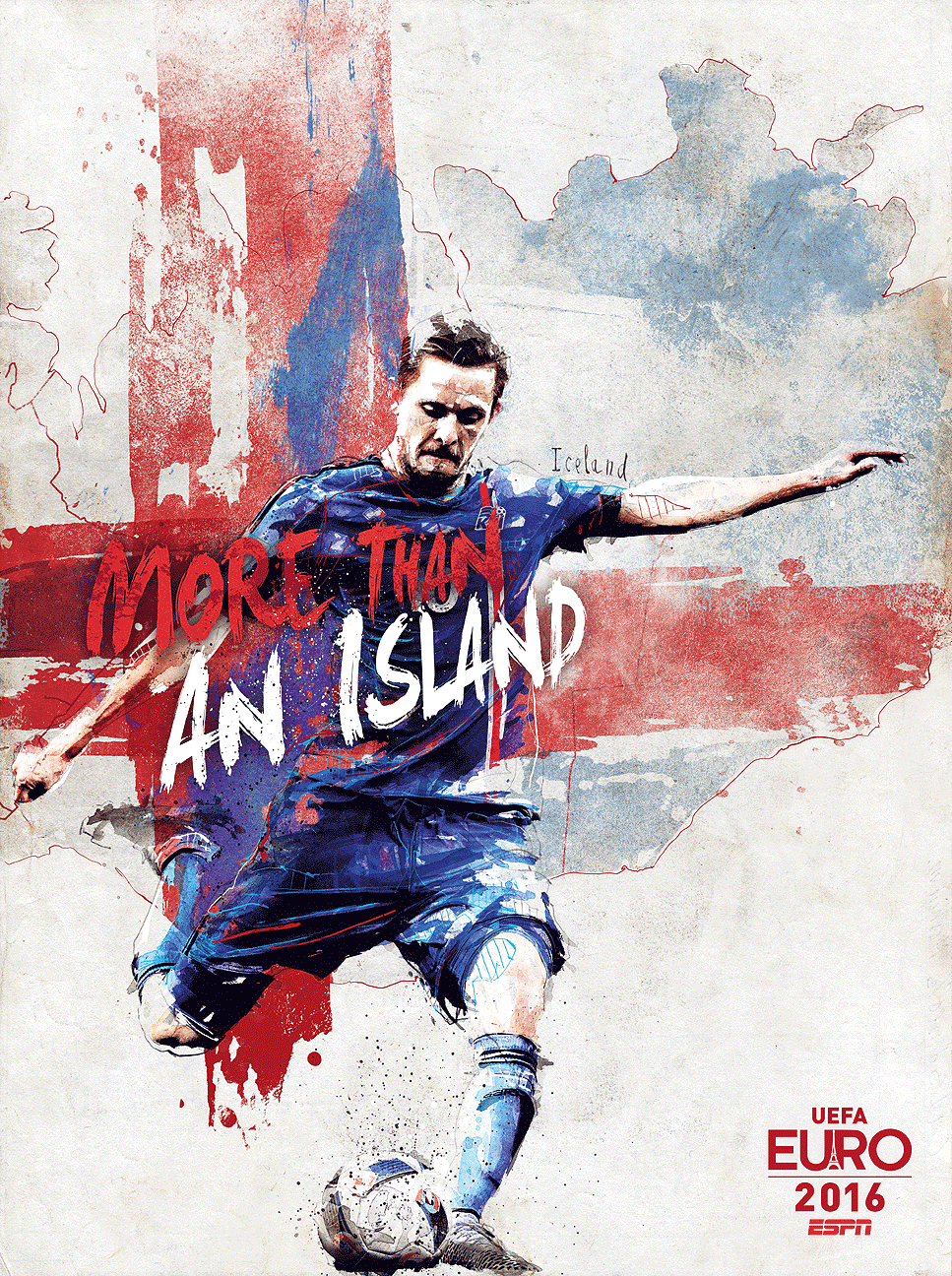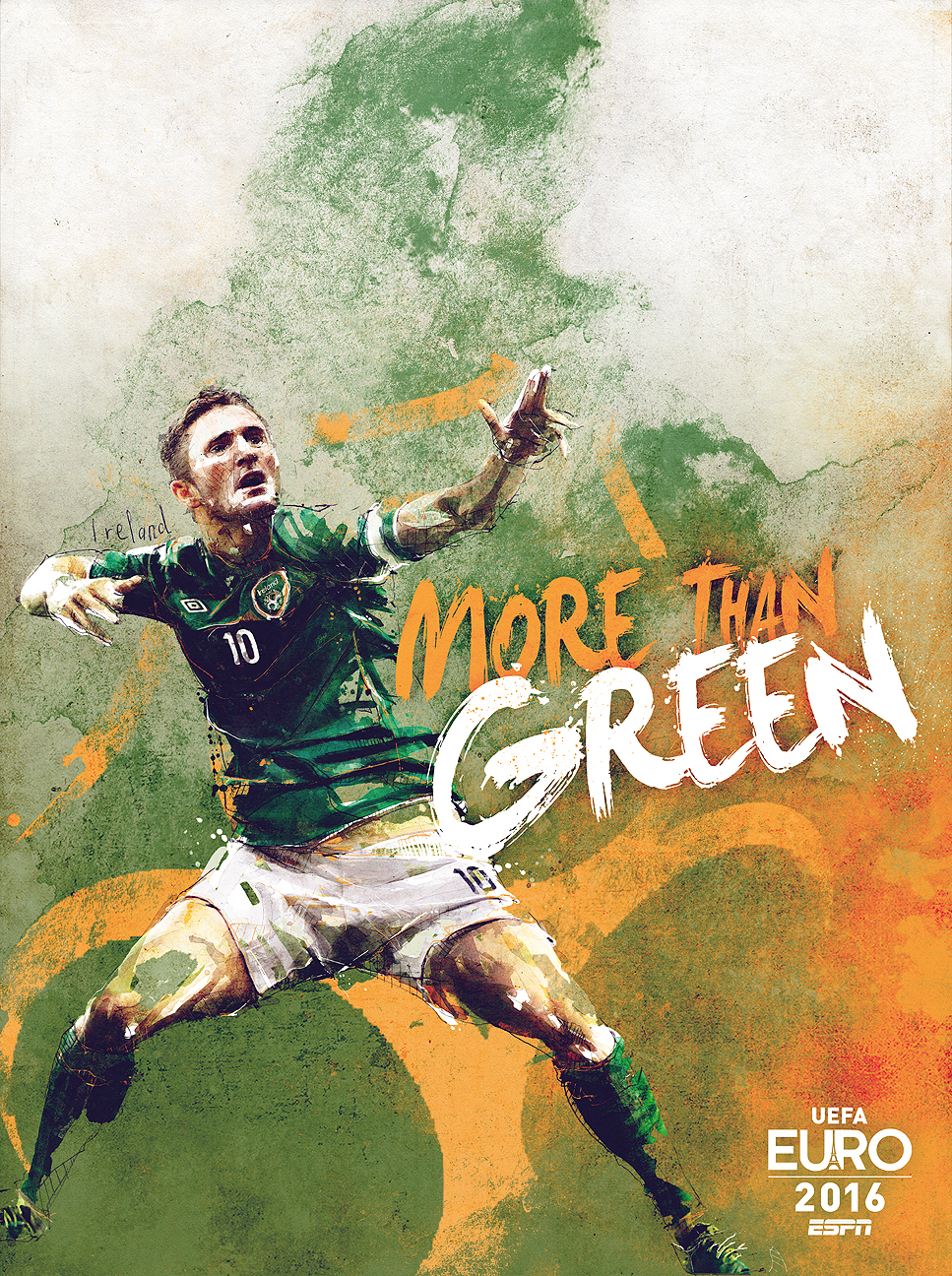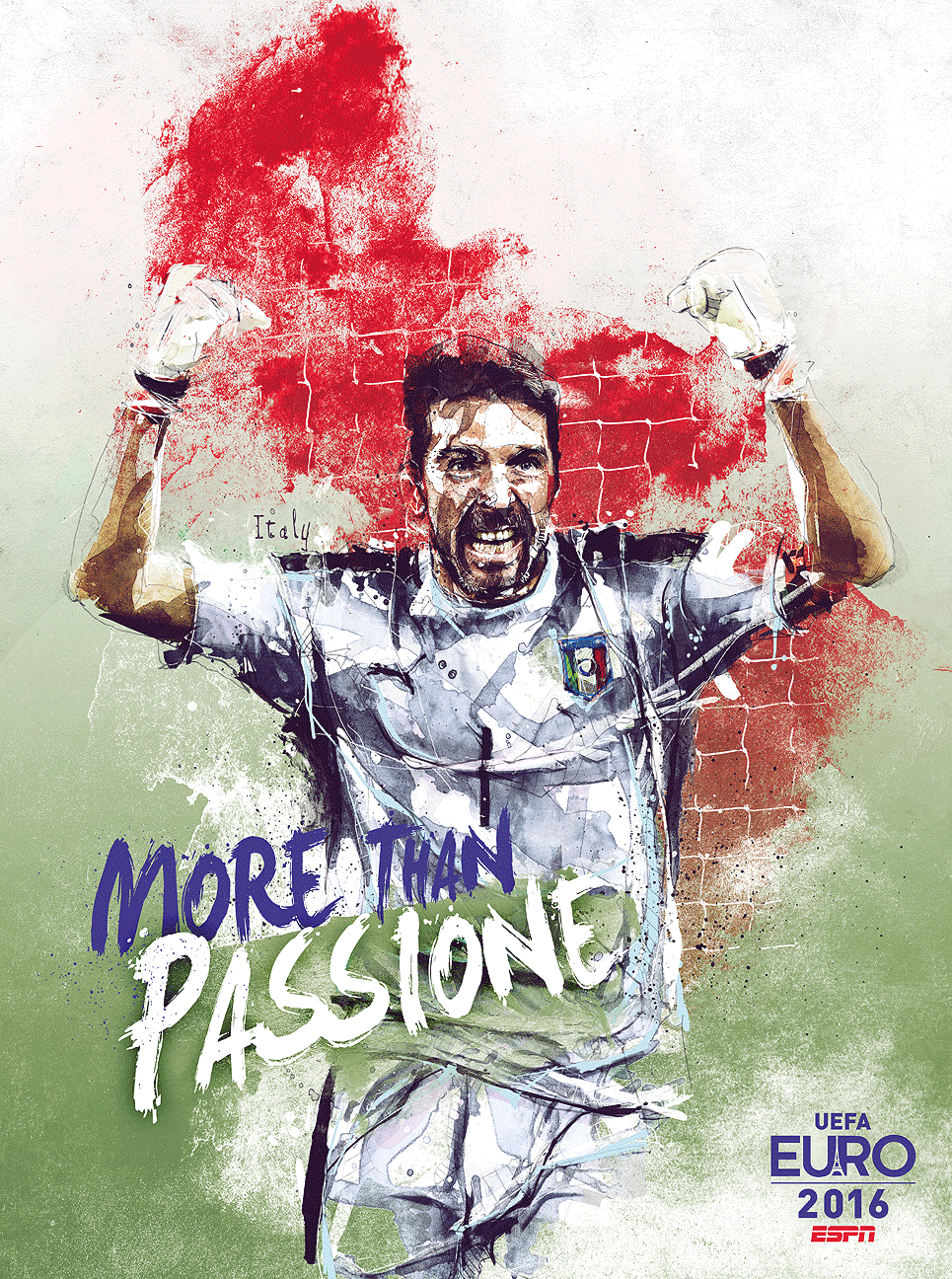-
IP addresses are NOT logged in this forum so there's no point asking. Please note that this forum is full of homophobes, racists, lunatics, schizophrenics & absolute nut jobs with a smattering of geniuses, Chinese chauvinists, Moderate Muslims and last but not least a couple of "know-it-alls" constantly sprouting their dubious wisdom. If you believe that content generated by unsavory characters might cause you offense PLEASE LEAVE NOW! Sammyboy Admin and Staff are not responsible for your hurt feelings should you choose to read any of the content here. The OTHER forum is HERE so please stop asking.
You are using an out of date browser. It may not display this or other websites correctly.
You should upgrade or use an alternative browser.
You should upgrade or use an alternative browser.
Chitchat The Official TCSS Thread
- Thread starter Alamaking
- Start date
- Joined
- Mar 11, 2015
- Messages
- 2,824
- Points
- 113
any goot live streaming sites to sic for euro2016? mobile or pc ...
- Joined
- Aug 17, 2008
- Messages
- 4,442
- Points
- 83
Albania, 500-1 with the bookies. 

- Joined
- May 6, 2014
- Messages
- 151
- Points
- 0
brian clough vs muhammad ali.
- Joined
- Jul 14, 2008
- Messages
- 90,068
- Points
- 113
From espnfc.com
By Gabriele Marcotti
Belgium's Golden Generation under pressure to win Euro 2016
Belgium's Golden Generation has been talked about for a very, very long time. Six years ago, I wrote a piece for The Times of London which got me interviewed on multiple Belgian media. Truth be told, it didn't take a genius to notice how Belgium had one of the most gifted generations of under-23s in Europe, possibly the world.
From Eden Hazard to Romelu Lukaku, from Jan Vertonghen to Mousa Dembele, from Axel Witsel to Marouane Fellaini, scouts were salivating over the Red Devils. They were going to be given time to grow and be led by Vincent Kompany, somewhat older but a natural big-brother figure.
Six years on, the bulk of the group is still together, though some, such as Kevin Mirallas and, especially, Steven Defour, lost their way. But others have joined that original group, from Thibaut Courtois and Kevin De Bruyne to Radja Nainggolan and Divock Origi.
Belgium suffered the heartbreak of missing out on Euro 2012 when they finished third in a qualifying group that included Turkey and Germany, partly due to late equalizers conceded away to Azerbaijan and home to Austria, which turned six points into two.
They dared to dream at the 2014 World Cup in Brazil, winning all three group games, outlasting Jurgen Klinsmann's United States and then collapsing against Argentina in the quarterfinal.
And now, after winning their qualifying group and enjoying, for a time, being ranked No. 1 in the world according to FIFA, Euro 2016 is a tournament where it's all supposed to come together.
Except, weirdly, they don't go to France among the very top tier of favorites, but rather a notch below, as if to underscore the imperfections of the FIFA world ranking.
Part of it, no doubt, is down to injuries. Both centre-backs, Nicolas Lombaerts and Kompany, won't be going to France due to injury. Courtois and Hazard are on board, but they're coming off lackluster seasons, at least by their own high standards.
But part of the problem is that this side still feels like substantially less than the sum of its parts. Marc Wilmots, the manager, has been here all along. In a sense, he's part of the Golden Generation, too. When he entered the national team setup as an assistant in 2009, he had little experience: eight games as Schalke's interim boss in 2003 and part of an unsuccessful campaign at Sint Truiden, where he lasted 20 matches before being fired. But the plan was for him to grow with the side and he ascended to the top spot, replacing Georges Leekens, in 2012.
After four years, there are no alibis. One of the striking things about Wilmots is his seeming insistence on playing the 11 best players rather than worrying too much about how the pieces fit together. It often feels counterintuitive. He has arguably the best centre-back pairing in the Premier League in Vertonghen and Toby Alderweireld and yet he deploys them as left and right full-backs, respectively. The justification for this in the past was twofold. Belgium doesn't have high-quality alternatives at full-back, and this way they can fit Kompany and Lombaerts in the side.
Now that both are gone, Wilmots seems to persist with the logic, fielding Thomas Vermaelen and Jason Denayer in central defence in Belgium's last warm-up before the tournament. Vermaelen is coming off two injury-plagued campaigns during which he started seven leagues games over two years (and none since March) at club level. Denayer is 20 years old. Alderweireld and Vertonghen, for different reasons, are square pegs in round holes, victims of their versatility.
An alternative solution, like perhaps a back three or simply sucking it up and realizing that a specialist full-back -- even one not as good in absolute terms -- is a better option than two guys who haven't played the position in a long time and have obvious deficiencies in terms of pace (Vertonghen) and ability to go past players (Alderweireld) seems to be beyond Wilmots.
For all of Belgium's talent, there are issues further up the pitch as well. With two big men (Fellaini and Lukaku), Belgium's game often results in simple quick back-to-front balls. It's a method that can be effective but probably doesn't fully exploit the creativity and technique of De Bruyne and Hazard.
Still, football is about tradeoffs. While Wilmots may not be a tactical mastermind, he brings other qualities to the table. He has grown up with this group of kids, there is a loyalty and a team spirit there that can't always be taken for granted when it comes to Belgium. After all, this is a country that's a blend of three cultures, where divisions often run deep in the real world and, occasionally, on the national side as well. Wilmots has snuffed out most of that. There is no doubting the cohesion of the dressing room, which seems far more solid than the cohesion on the pitch.
In a short tournament like the Euros, it can make all the difference. The ingredients at Wilmots' disposal tick most of the boxes to do well in a knockout competition. Courtois has had a challenging, injury-hampered campaign, but most would rank him among the top four keepers in the world, a guy who can shut down opponents and carry you over 90 minutes. Deploying Alderweireld and Vertonghen at full-backs is problematic when you have the ball but at least provides you a fairly solid defensive base. There are plenty of set-piece options, both in terms of guys who can nail free kicks directly and folks who provide an aerial threat. There are individual match-winners who can create something out of nothing: Hazard and De Bruyne being the obvious choices, but also, off the bench, players like Dries Mertens and Yannick Carrasco. And, at least in midfield and attack, there is depth to deal with injuries and suspensions.
Wilmots won't conjure up fancy tactical schemes and some of his decisions may be head-scratchers. But right now, that may be less important than the aforementioned dressing room cohesion and, crucially, his ability to rebuild Courtois and Hazard (and perhaps Christian Benteke) after their nightmarish seasons. That's the other side of management. You need to be a footballer-whisperer, providing players with the right mental tools to bounce back.
This isn't the last roll of the dice for the Golden Generation by any stretch, but it may be their best chance to win a major tournament.
By Gabriele Marcotti
Belgium's Golden Generation under pressure to win Euro 2016
Belgium's Golden Generation has been talked about for a very, very long time. Six years ago, I wrote a piece for The Times of London which got me interviewed on multiple Belgian media. Truth be told, it didn't take a genius to notice how Belgium had one of the most gifted generations of under-23s in Europe, possibly the world.
From Eden Hazard to Romelu Lukaku, from Jan Vertonghen to Mousa Dembele, from Axel Witsel to Marouane Fellaini, scouts were salivating over the Red Devils. They were going to be given time to grow and be led by Vincent Kompany, somewhat older but a natural big-brother figure.
Six years on, the bulk of the group is still together, though some, such as Kevin Mirallas and, especially, Steven Defour, lost their way. But others have joined that original group, from Thibaut Courtois and Kevin De Bruyne to Radja Nainggolan and Divock Origi.
Belgium suffered the heartbreak of missing out on Euro 2012 when they finished third in a qualifying group that included Turkey and Germany, partly due to late equalizers conceded away to Azerbaijan and home to Austria, which turned six points into two.
They dared to dream at the 2014 World Cup in Brazil, winning all three group games, outlasting Jurgen Klinsmann's United States and then collapsing against Argentina in the quarterfinal.
And now, after winning their qualifying group and enjoying, for a time, being ranked No. 1 in the world according to FIFA, Euro 2016 is a tournament where it's all supposed to come together.
Except, weirdly, they don't go to France among the very top tier of favorites, but rather a notch below, as if to underscore the imperfections of the FIFA world ranking.
Part of it, no doubt, is down to injuries. Both centre-backs, Nicolas Lombaerts and Kompany, won't be going to France due to injury. Courtois and Hazard are on board, but they're coming off lackluster seasons, at least by their own high standards.
But part of the problem is that this side still feels like substantially less than the sum of its parts. Marc Wilmots, the manager, has been here all along. In a sense, he's part of the Golden Generation, too. When he entered the national team setup as an assistant in 2009, he had little experience: eight games as Schalke's interim boss in 2003 and part of an unsuccessful campaign at Sint Truiden, where he lasted 20 matches before being fired. But the plan was for him to grow with the side and he ascended to the top spot, replacing Georges Leekens, in 2012.
After four years, there are no alibis. One of the striking things about Wilmots is his seeming insistence on playing the 11 best players rather than worrying too much about how the pieces fit together. It often feels counterintuitive. He has arguably the best centre-back pairing in the Premier League in Vertonghen and Toby Alderweireld and yet he deploys them as left and right full-backs, respectively. The justification for this in the past was twofold. Belgium doesn't have high-quality alternatives at full-back, and this way they can fit Kompany and Lombaerts in the side.
Now that both are gone, Wilmots seems to persist with the logic, fielding Thomas Vermaelen and Jason Denayer in central defence in Belgium's last warm-up before the tournament. Vermaelen is coming off two injury-plagued campaigns during which he started seven leagues games over two years (and none since March) at club level. Denayer is 20 years old. Alderweireld and Vertonghen, for different reasons, are square pegs in round holes, victims of their versatility.
An alternative solution, like perhaps a back three or simply sucking it up and realizing that a specialist full-back -- even one not as good in absolute terms -- is a better option than two guys who haven't played the position in a long time and have obvious deficiencies in terms of pace (Vertonghen) and ability to go past players (Alderweireld) seems to be beyond Wilmots.
For all of Belgium's talent, there are issues further up the pitch as well. With two big men (Fellaini and Lukaku), Belgium's game often results in simple quick back-to-front balls. It's a method that can be effective but probably doesn't fully exploit the creativity and technique of De Bruyne and Hazard.
Still, football is about tradeoffs. While Wilmots may not be a tactical mastermind, he brings other qualities to the table. He has grown up with this group of kids, there is a loyalty and a team spirit there that can't always be taken for granted when it comes to Belgium. After all, this is a country that's a blend of three cultures, where divisions often run deep in the real world and, occasionally, on the national side as well. Wilmots has snuffed out most of that. There is no doubting the cohesion of the dressing room, which seems far more solid than the cohesion on the pitch.
In a short tournament like the Euros, it can make all the difference. The ingredients at Wilmots' disposal tick most of the boxes to do well in a knockout competition. Courtois has had a challenging, injury-hampered campaign, but most would rank him among the top four keepers in the world, a guy who can shut down opponents and carry you over 90 minutes. Deploying Alderweireld and Vertonghen at full-backs is problematic when you have the ball but at least provides you a fairly solid defensive base. There are plenty of set-piece options, both in terms of guys who can nail free kicks directly and folks who provide an aerial threat. There are individual match-winners who can create something out of nothing: Hazard and De Bruyne being the obvious choices, but also, off the bench, players like Dries Mertens and Yannick Carrasco. And, at least in midfield and attack, there is depth to deal with injuries and suspensions.
Wilmots won't conjure up fancy tactical schemes and some of his decisions may be head-scratchers. But right now, that may be less important than the aforementioned dressing room cohesion and, crucially, his ability to rebuild Courtois and Hazard (and perhaps Christian Benteke) after their nightmarish seasons. That's the other side of management. You need to be a footballer-whisperer, providing players with the right mental tools to bounce back.
This isn't the last roll of the dice for the Golden Generation by any stretch, but it may be their best chance to win a major tournament.
- Joined
- Aug 17, 2008
- Messages
- 4,442
- Points
- 83
No question that Belgium has the quality players but can they play as a unified team?
If I was a betting man, I'd still put my money on the usual suspects - Germany, France and Spain.
Flops of the tournament again will be England. Roy Hodgson will be sacked as England manager when they are eliminated.
Is there going to be a Euro 2016 thread in The Courtyard Café?
If I was a betting man, I'd still put my money on the usual suspects - Germany, France and Spain.
Flops of the tournament again will be England. Roy Hodgson will be sacked as England manager when they are eliminated.

Is there going to be a Euro 2016 thread in The Courtyard Café?
- Joined
- Jul 14, 2008
- Messages
- 90,068
- Points
- 113
No question that Belgium has the quality players but can they play as a unified team?
If I was a betting man, I'd still put my money on the usual suspects - Germany, France and Spain.
Flops of the tournament again will be England. Roy Hodgson will be sacked as England manager when they are eliminated.
Is there going to be a Euro 2016 thread in The Courtyard Café?
Hopefully the Euros will be exciting with one of the unusual suspects winning it. I'll be posting in this thread.

- Joined
- Jun 8, 2015
- Messages
- 63
- Points
- 0
No question that Belgium has the quality players but can they play as a unified team?
If I was a betting man, I'd still put my money on the usual suspects - Germany, France and Spain.
Flops of the tournament again will be England. Roy Hodgson will be sacked as England manager when they are eliminated.
Is there going to be a Euro 2016 thread in The Courtyard Café?
Keep on supporting FLOPS

Similar threads
- Replies
- 14
- Views
- 643
- Replies
- 70
- Views
- 3K
- Replies
- 35
- Views
- 934
- Replies
- 34
- Views
- 1K

